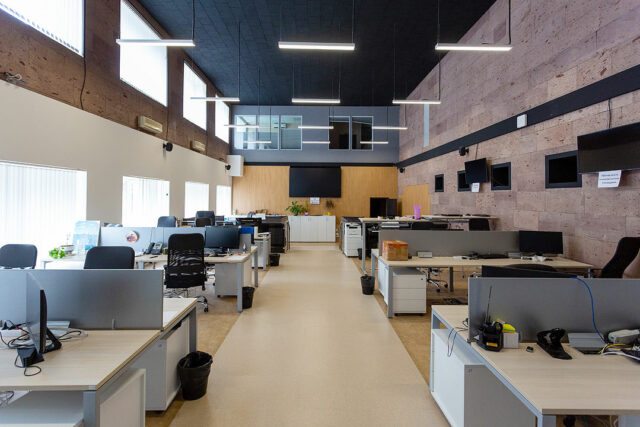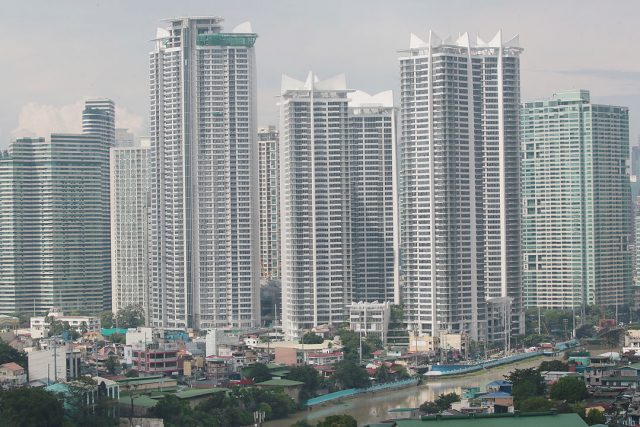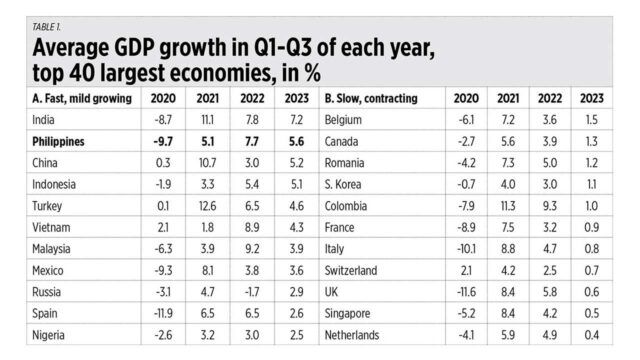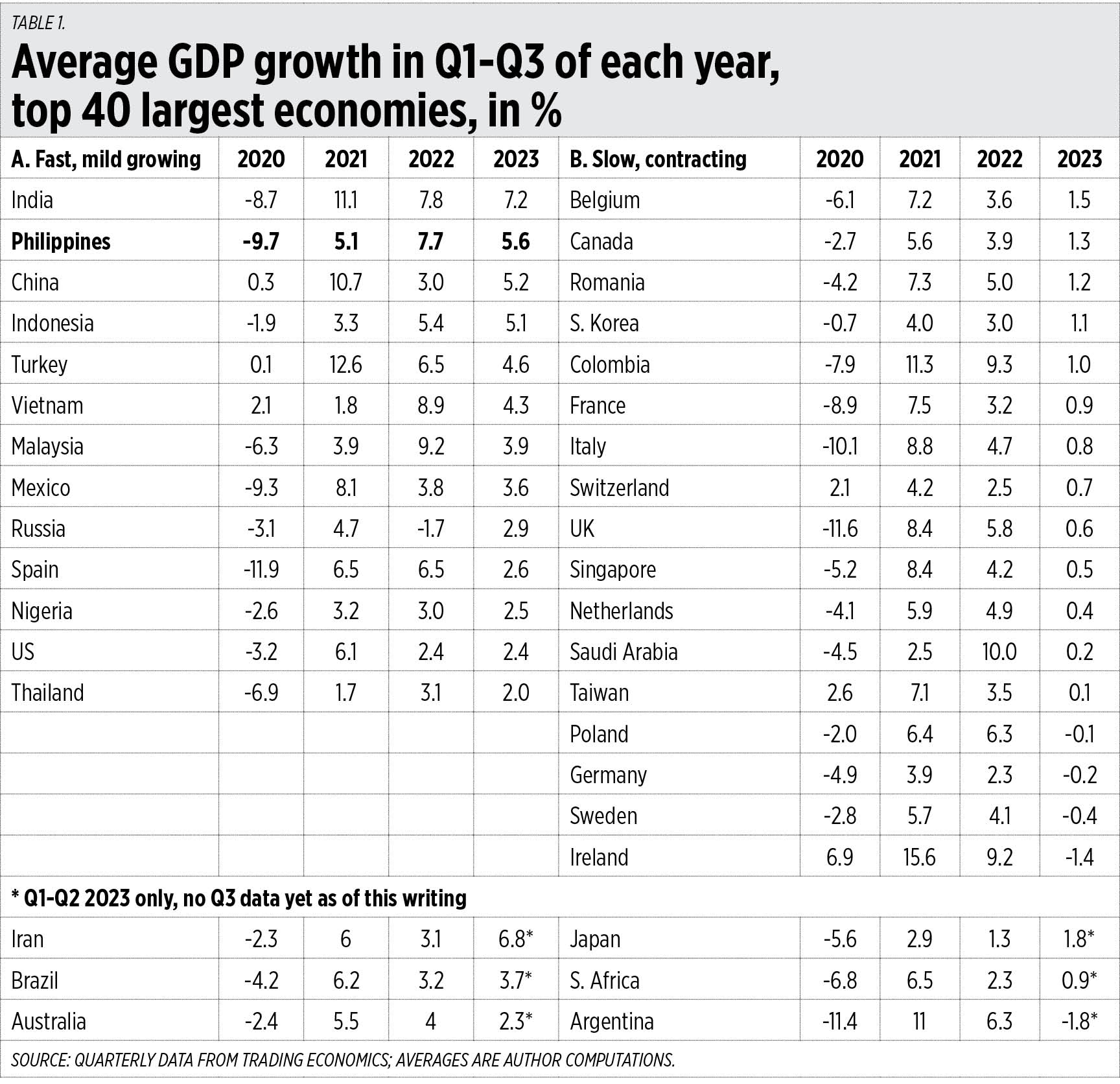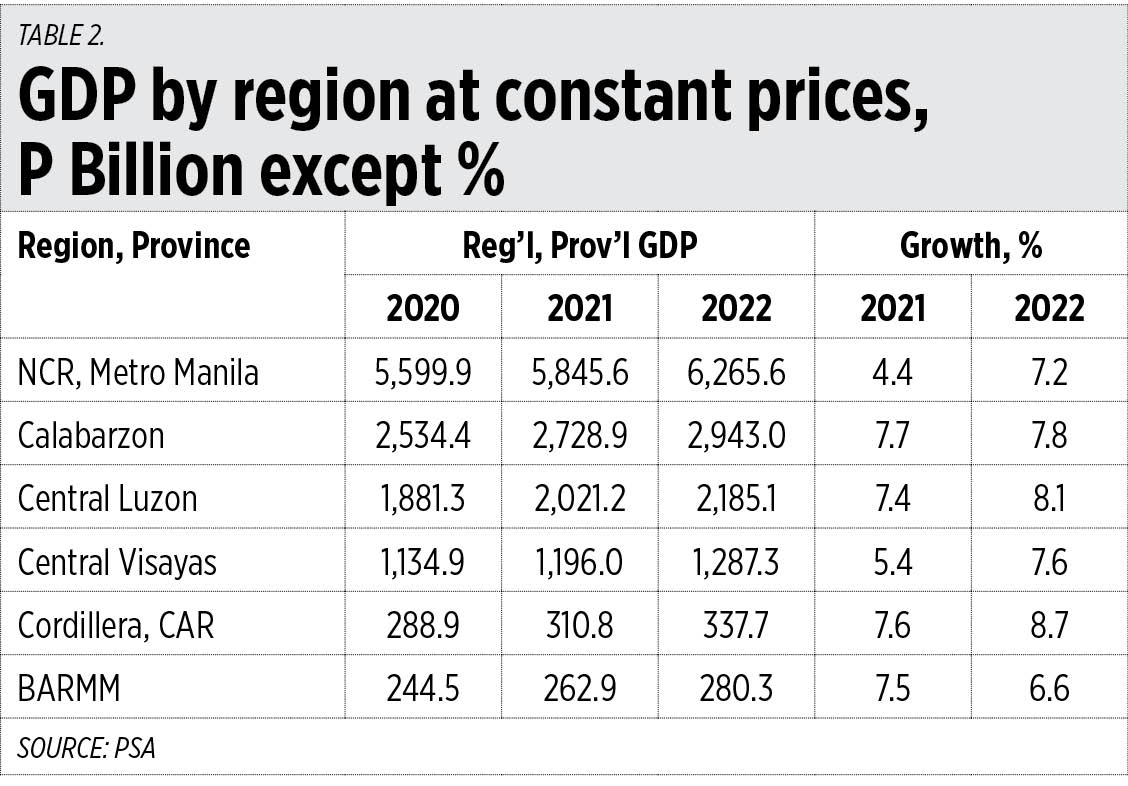Last Tuesday, Senator Risa Hontiveros filed a resolution in the Senate urging the administration to finally cooperate with the International Criminal Court (ICC) in its investigation of former president Rodrigo Duterte’s war on drugs. Resolution No. 867 says, “The Philippines has historically been at the forefront of advancing humanitarian law and international justice, and it is high time that we affirm our commitment to these values before the international community.”
To Senators Sonny Angara, Nancy Binay, Alan Peter Cayetano, JV Ejercito, Sherwin Gatchalian, Loren Legarda, Koko Pimentel, Grace Poe, Cynthia Villar, Migz Zubiri, and Joel Villanueva, the administration cooperating with the ICC’s investigation of the Duterte administration’s war on drugs would mean the resumption of, to use Sen. Cayetano’s words, the destruction of the image of our country, our economy, and the future of our next generation.
On Sept. 19, 2016, four days after the Senate Justice and Human Rights Committee chaired by Sen. Leila de Lima had held another hearing on President Rodrigo Duterte’s violent war on drugs, Sen. Cayetano delivered a privilege speech. He said:
“We have to save our nation from the efforts of a few people to destroy the image of our country, our economy, and the future of our next generation. The Senate is being used to mislead the public and the international media. (First, it was) to discredit the President and his efforts.
“Now… the effort (is to destroy) the image of our country abroad… Second, (it is to destroy) the image of the Senate as an institution, distracting us from more urgent work that needs to be done. And third, (it is to destroy) our long-honored traditions of collegiality, civility, of disagreeing but allowing the other person to speak freely.
“The President is fighting three wars… The War against poverty, which includes leveling a playing field that by and large only oligarchs grow and prosper, while the greater majority struggles just to survive; The War against crime, illegal drugs, and corruption; (and) The War on war, or the quest for a just and inclusive peace and an end to the decades-long communist insurgency as well as other rebellions in our country.
“In the end, we might all lose this war. But the biggest loser will not be President Duterte. It will be the economy, the political institutions, and the entire nation. So why sit by and just watch? Why should we allow our Institution to be used this way?
“There are 24 senators here. There are 30 committees. Sen. De Lima is a very talented senator, a very experienced lawyer, an efficient public servant, she can handle so many other committees, Mr. President.”
Following Sen. Cayetano’s speech, Sen. Manny Pacquiao, who had been elected to the Senate only in June of that year, moved that the Senate declare the chairmanship and membership of the Committee on Justice and Human Rights vacant. Sixteen senators voted “yes.” In effect, they ousted Sen. De Lima from the chairmanship of the committee.
Among the 16 senators who voted to oust Sen. De Lima are the 11 aforementioned senators. The five others — Richard Gordon, Gregorio Honasan, Panfilo Lacson, Tito Sotto, and Manny Pacquiao himself — are no longer in the Senate or in any branch of government. The same 16 senators also voted “yes” to the extension of martial law which President Duterte imposed in Mindanao in May 2017. That indicates that those senators based their decisions on the bidding of the power that be, belying what former Senate President Sotto often said, that the Senate is composed of 24 independent minds.
Reacting to the removal of Sen. De Lima from the chairmanship of the Justice and Human Rights Committee, Sen. Hontiveros rose to say, “There was no overwhelming reason to declare the chairmanship of the Committee on Justice vacant. If there were issues against Sen. Leila’s objectivity, the proper venue for this was the Committee on Ethics.”
If they truly believe that investigating the former president’s war on drugs would be destructive, then Senators Angara, Binay, Cayetano, Ejercito, Gatchalian, Legarda, Pimentel, Poe, Villar, Zubiri, and Villanueva will vote to junk Sen. Hontiveros’ resolution. If they decide on the basis of the prompting of the powers that be as they have done in the past, then they will adopt Sen. Hontiveros’ resolution as President Ferdinand Marcos, Jr. seems to be leaning towards cooperating with the ICC.
Three resolutions similar to the one filed by Sen. Hontiveros were adopted last Wednesday by the House of Representatives joint committee on Human Rights and Justice. The adoption of all three resolutions indicates the President’s position on the issue as the overwhelming majority of the members of the two committees belong to the administration party. After all, when President Marcos Jr. was a senator in 2011, he voted for the ratification of the Rome Statute that created the ICC.
Also, he must have realized that his many expensive foreign sorties to attract investments into the country would only be productive if he did some “housecleaning.” This year, the President has spent, as of September, P480 million on travel. Former National Economic and Development Authority Secretary Ernesto Pernia said in September that the President’s foreign trips had not boosted foreign direct investments (FDIs). The Bangko Sentral ng Pilipinas reported that net inflows of FDIs declined by 3.9% year on year.
In February, the Human Rights Committee of the European Parliament called on the Philippines to improve its human rights record. European Parliament Sub-Committee on Human Rights Vice-chair Hannah Neumann said, “We called on the authorities to ensure a safe and enabling space: free from threats, harassment and attacks. In this regard, they encouraged a swift adoption of an ambitious legislation on the protection of human rights defenders.”
Ms. Neumann and her colleagues, Isabel Wiseler Lima, Ryszard Czamecki, Miguel Urban Crespo, and Karsten Lucke, also paid a visit to former Senator Leila de Lima, who was then in detention due to trumped up drug-related charges.
In March, European Union Special Representative for Human Rights Eamon Gilmore said during his visit here, “We will continue to …bring about justice and accountability and other programs in the Philippines needed to improve human rights.” He also paid a visit to Ms. De Lima.
In exchange for the improvement of the human rights situation in the Philippines, the European Parliament and the European Council will support a European Commission proposal for a “rollover of the existing European Generalized Scheme of Preferences Plus (GSP+) for another four years.”
When President Marcos Jr. met with US President Joseph Biden in the White House last May, he pitched for the renewal of the US GSP to boost trade. The inclusion of Justice Secretary Crispin Remulla in the President’s entourage on that trip suggests that the renewal of the US GSP may have been discussed in relation to the investigation of human rights violations in the Philippines.
The United Nations Human Rights Committee has also called on the Philippine government to comply with international human rights mechanism and to cooperate with the ICC’s drug war probe.
After all, Senators Cayetano, Legarda, Pimentel, and Zubiri also voted in 2011 for the ratification of the Rome Statute that created the ICC. So, did Senators Chiz Escudero, Pia Cayetano, and Jinggoy Estrada, among the current senators.
Sen. Legarda, chairperson of the Senate Foreign Relations Committee in 2011, sponsored the ICC Ratification bill which was approved by 17 senators. When the Philippines deposited its Instrument of Ratification with the UN Office of Legal Affairs in New York on Aug. 31, 2011, Sen. Legarda manifested that this “is a step in the right direction, considering that the Philippines is a thriving and robust democracy. This will strengthen our stand in protecting human rights, including the right to human life and dignity, and will bring a strong message that we will never tolerate impunity.”
So, Senators Legarda, Cayetano, Pimentel, Angara, Binay, Ejercito, Gatchalian, Poe, Villar, Zubiri, and Villanueva, what will you vote for — justice for all or protection for one?
Oscar P. Lagman, Jr. has been a keen observer of Philippine politics since the late 1950s.

